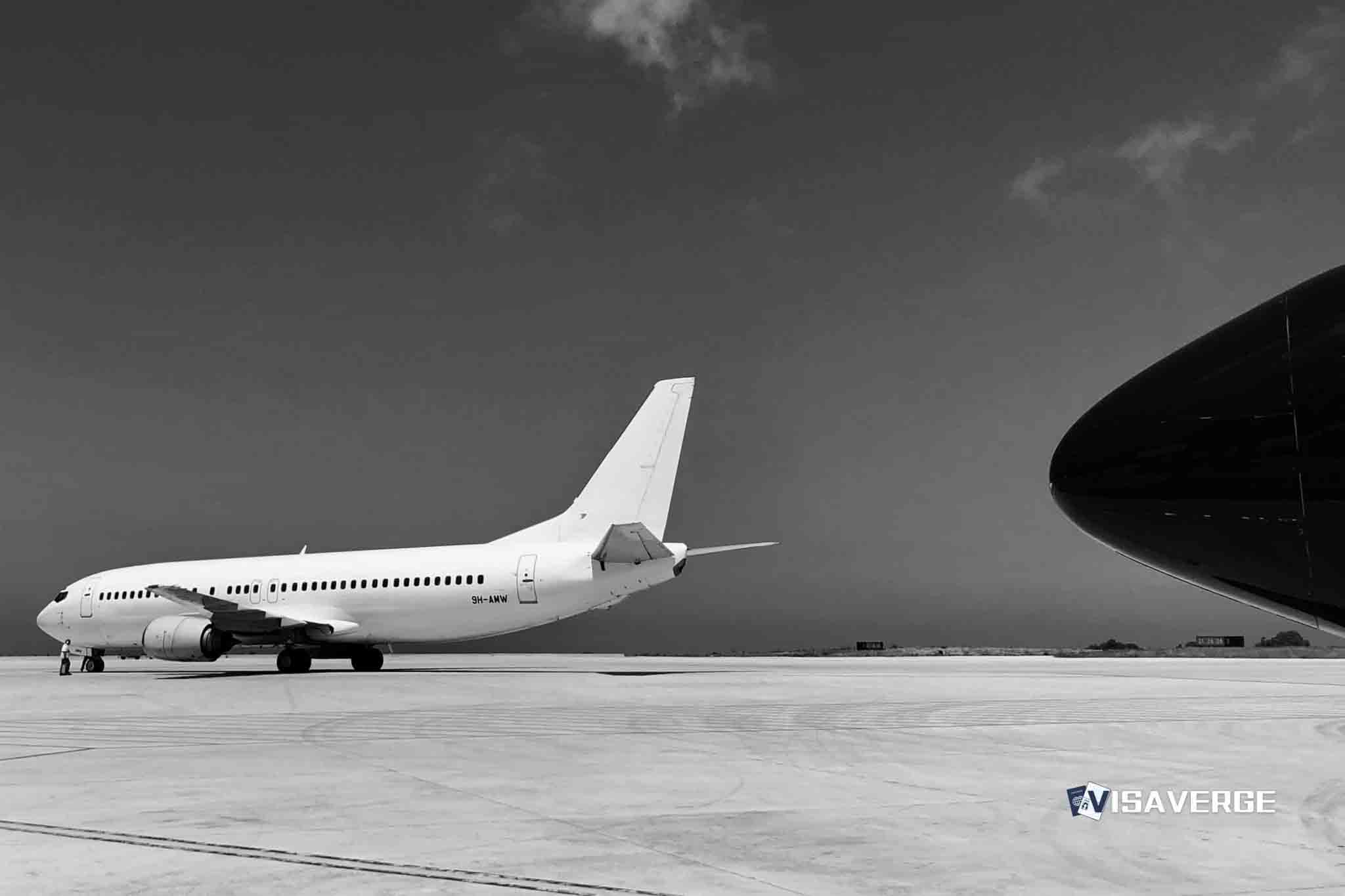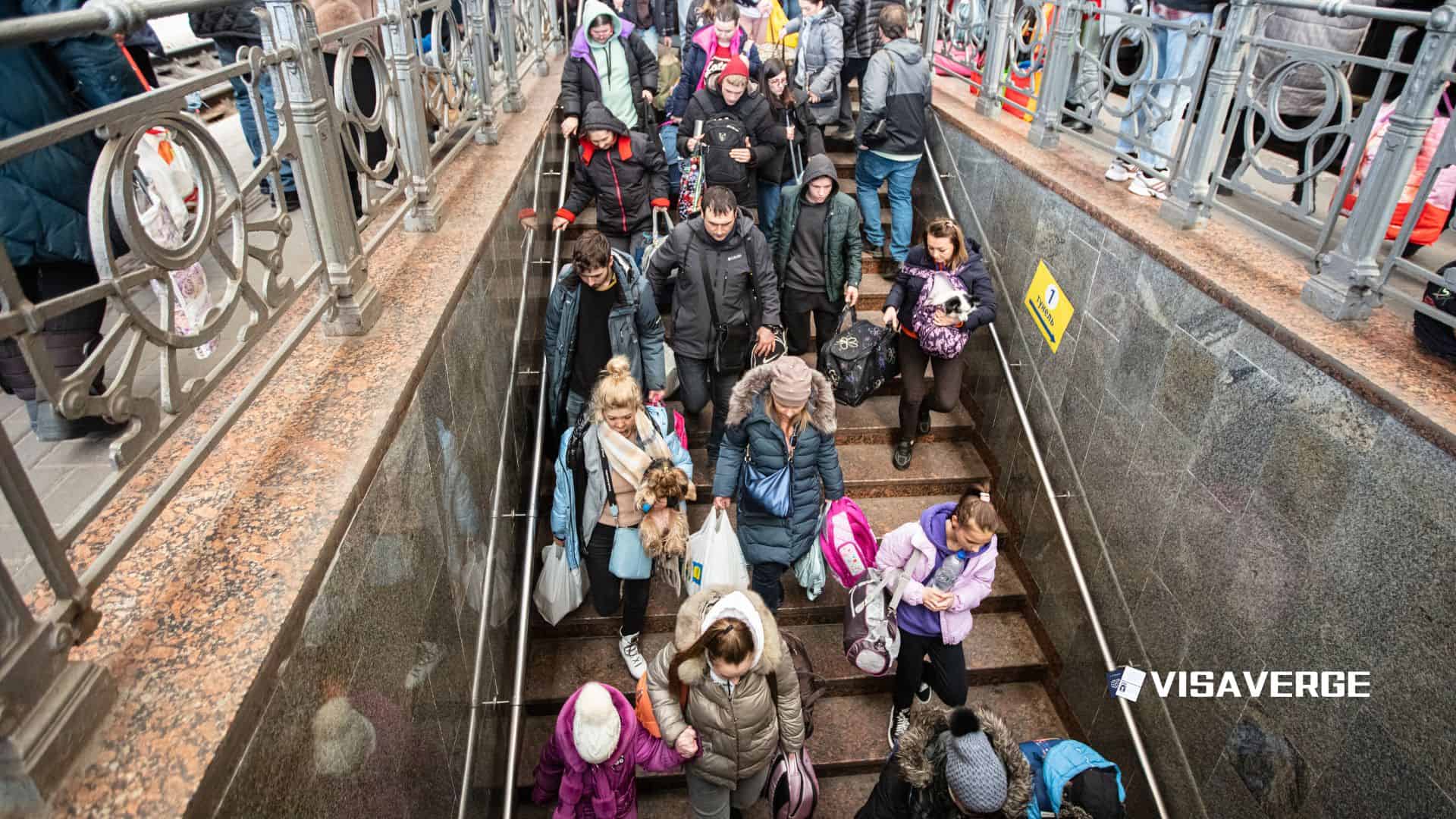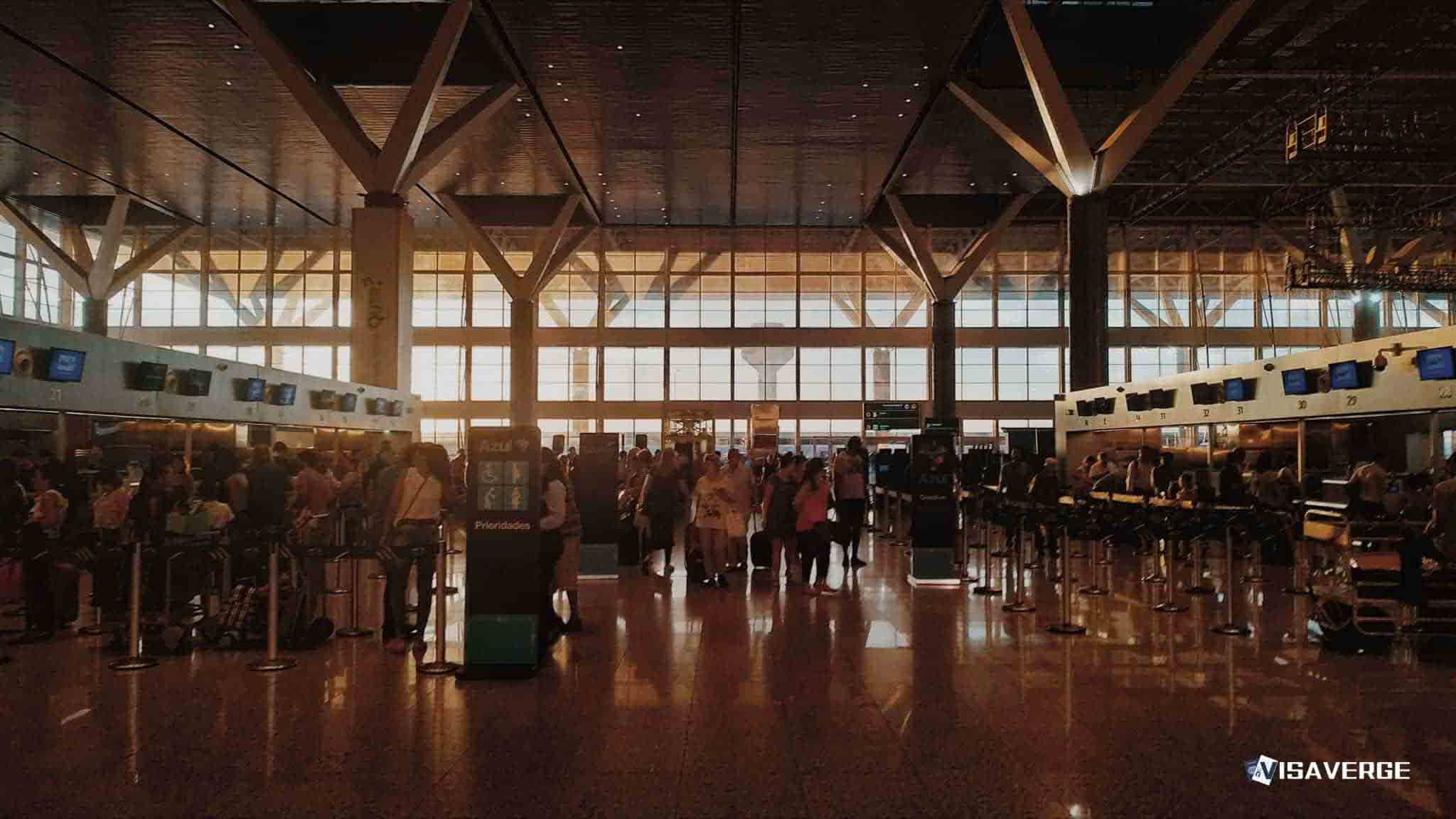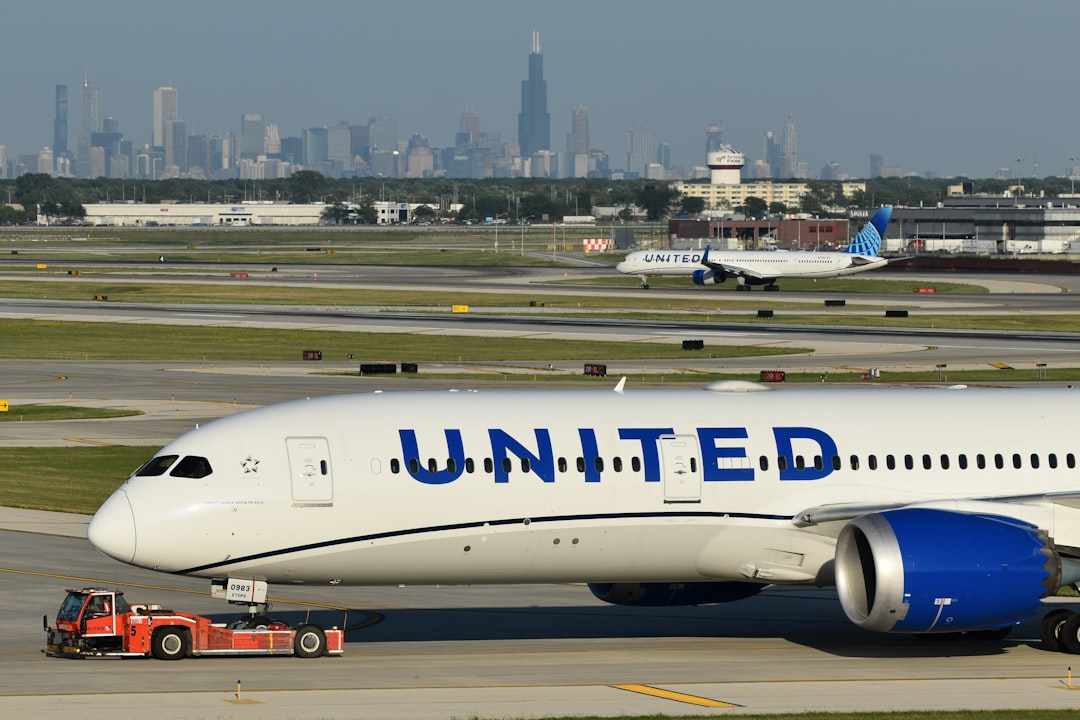(UNITED STATES) Major U.S. airlines have suspended or terminated pilots and other staff over social media posts about the fatal shooting of activist Charlie Kirk, marking a sharp shift in how carriers police online behavior. As of early September 2025, American Airlines, Delta Air Lines, and United Airlines have taken public action against employees for posts described as celebratory, violent, or hateful. Company spokespeople say the goal is to protect passenger trust and uphold standards for aviation professionals who hold great responsibility in the cockpit and on the ground.
Airline officials confirmed that the latest round of discipline stems from posts made soon after the incident involving Charlie Kirk. The companies have rolled out zero tolerance language in internal memos and public statements. The message: if an employee’s online conduct appears to encourage violence, spread hate, or harm public confidence, the response will be immediate removal from duty pending investigation and, if confirmed, likely termination.

Unions representing pilots have warned members that social media posts can trigger swift action regardless of privacy settings or audience size. Advisories to pilot groups stress that “professional standards apply in public and semi-public forums,” a point echoed by the airlines. According to industry discussions referencing an internal tracker, more than 650 airline employees across multiple carriers have faced suspension or termination since the incident.
Policy Changes Overview
The new approach includes clear, repeatable steps intended to move quickly while documenting process:
- Immediate removal from active flight or duty schedules.
- A formal review that typically involves HR, legal teams, and union representatives.
- Review elements can include the social media posts, interviews, and any context the employee provides.
For pilots who are past probation, company policy and union contracts typically require an investigation with union input. That process may include:
- Examination of the posts in question.
- Interviews with the employee and witnesses.
- Consideration of any mitigating context the employee offers.
For those within their first year, protections are thinner. Probationary staff may be dismissed with little recourse, a reality unions acknowledge even as they advocate for fair treatment.
Airline leaders link the policy to safety and trust. American, Delta, and United have each stated there is “no place in our organization for employees who engage in or promote hate or violence, online or offline.” The message is both internal and public: passengers expect calm judgment from safety-sensitive staff, and executives want to show they will act when that trust is jeopardized.
Union response and member guidance
Pilot unions face a delicate balance between defending due process and urging caution:
- Unions defend the right to representation and due process.
- They also urge members to think carefully before posting about sensitive events, including the death of Charlie Kirk.
- Bulletins advise members to report questionable posts to union reps before management intervenes and to avoid posting about ongoing investigations.
Union officials note some cases are difficult to contest, especially when social media posts appear to praise violence. In recent weeks they have reminded members to document context, original captions, and timestamps in case posts are edited or presented without full information.
Lawmakers and regulatory attention
Lawmakers and some federal officials have taken notice. Several members of Congress have called for stricter oversight of airline employee conduct, citing the public’s reliance on pilots and flight crews. While there is discussion about industry-wide social media standards, there were no formal bills introduced as of September 15, 2025.
Carriers say they will continue to apply current policies and may tighten them further if needed.
Impact on employees, passengers, and the industry
For airline workers, the practical lesson is straightforward: private accounts aren’t truly private. Colleagues, passengers, or outside observers can screenshot posts and share them widely.
- Employees pulled from schedules may face lost pay, stalled careers, and sometimes permanent dismissal.
- Families can be financially strained when the employee is a primary earner.
- Future employment may be jeopardized as prospective employers review reasons for separation.
For passengers, carriers frame the response as preserving confidence. Executives assert that decisive action maintains a professional culture in the cockpit and cabin. Aviation safety experts support the idea that high standards for conduct are part of the safety chain — judgment on the ground reflects judgment in the air.
Civil liberties advocates raise concerns that a broad zero tolerance stance can chill speech and punish employees for posts that, while offensive, may be legal. Legal analysts note private employers have wide latitude to enforce conduct codes, especially when linking behavior to safety or reputation. They urge clear policies, even-handed enforcement, and robust due process so employees can explain context and intent.
Industry context matters. After years of tight staffing, airlines now say the worst of the pilot shortage has eased. That change gives carriers more room to part ways with employees who violate conduct rules, since replacements are easier to find. Unions acknowledge this shift has reduced leverage in discipline cases that previously might have resulted in warnings or retraining.
Typical disciplinary sequence
Airlines have laid out procedures meant to protect rights while moving quickly. The typical sequence runs as follows:
- Employee is flagged for a post deemed egregious, often via reports from co-workers or the public.
- Management removes the employee from duty immediately.
- HR and legal open a formal review; for pilots, union reps are invited to join.
- If the employee is past probation, decisions follow the review; if not, dismissal may occur quickly with limited appeal options.
Company statements emphasize consistency and fairness, but unions say consistency will be the real test as cases span a range of political views. Industry commentators note many see the current wave of firings as a reversal of earlier trends, with discipline reaching across the political spectrum rather than concentrating on one side.
Human toll and workplace effects
The human impact appears in grievance filings and counseling referrals. Pilots and flight attendants report:
- Sleepless nights and strained family budgets when pulled off the line.
- Colleagues distancing themselves for fear of guilt by association.
- Ripple effects in crew rooms and training centers, where conversations center on what is safe to say online.
Practical steps employees are advised to take:
- Review privacy settings and be aware they are imperfect.
- Avoid heated posts about breaking news or charged events.
- Seek union advice before responding to public criticism.
- Document context, captions, and timestamps in case posts are edited.
Unions also urge members to report questionable content to union reps before management becomes involved.
Company communications, training, and coordination
Airlines have published updated policy language across intranet portals and posted hotline numbers for reporting concerns. They have coordinated with unions on training modules that:
- Explain the policy.
- Walk through real-world examples of posts that triggered discipline.
- Provide guidance on what to do if flagged.
Carriers emphasize they will maintain or tighten monitoring and enforcement. The scale of cases tied to Charlie Kirk’s death has set a new baseline for what companies will tolerate. That standard applies whether a post is public, shared to a closed group, or posted under a pseudonym — if it reaches management and meets the policy definition of celebrating violence or spreading hate, discipline will likely follow.
Legal and compliance context
For context on general employment eligibility rules that apply to all U.S. employers, readers can review the federal Form I-9 page from U.S. Citizenship and Immigration Services, which explains identity and work authorization verification for new hires. The official resource is available at USCIS Form I-9. While these rules are separate from conduct policies, they form part of the broader compliance landscape that airlines manage for every employee.
VisaVerge.com reports companies are sharing stronger reminders about professional conduct to prevent reputational damage after high-profile events. According to VisaVerge.com analysis, the combination of public pressure, union advisories, and internal trackers showing hundreds of cases has pushed airlines to act fast and in a coordinated way.
Resources and contact information
Employees seeking help can contact:
- American Airlines Employee Relations: 1-800-447-2000
- Delta Air Lines Human Resources: 1-800-221-1212
- United Airlines Employee Services: 1-800-UAL-CARE (1-800-825-2273)
- Air Line Pilots Association (ALPA): alpa.org
Key takeaway: social media posts tied to a charged event — like the death of Charlie Kirk — carry real workplace risk. The combination of zero tolerance policies, eased staffing pressures, and public scrutiny means enforcement will be swift and, in egregious cases, final.
This Article in a Nutshell
In response to social media posts about the fatal shooting of activist Charlie Kirk, American Airlines, Delta and United implemented zero-tolerance approaches, suspending or firing employees whose posts were described as celebratory, violent, or hateful. By early September 2025, internal memos demanded immediate removal from duty, formal reviews by HR and legal teams, and union involvement for tenured pilots; probationary staff face limited protections. Industry trackers report more than 650 employees disciplined since the incident. Airlines cite passenger trust and safety as justification, while unions push for due process and caution members on online behavior. Critics worry these measures could chill free expression; legal analysts advise clear policies and consistent enforcement. Staffing improvements give carriers more leeway to terminate violators, and the industry may further tighten monitoring and standards.













